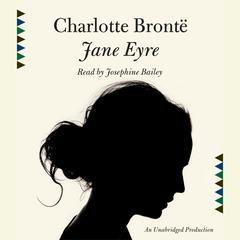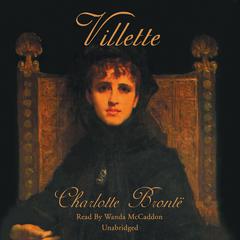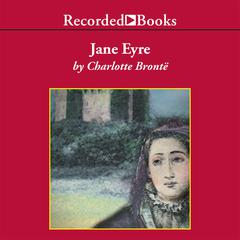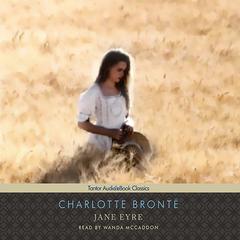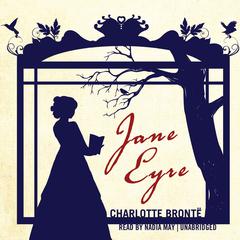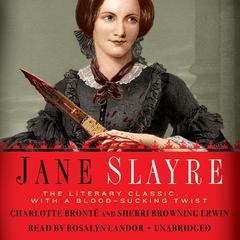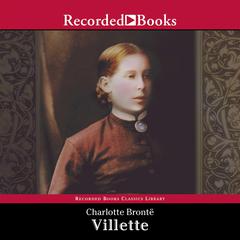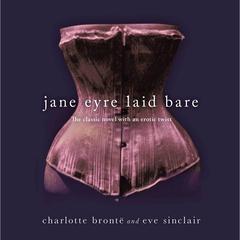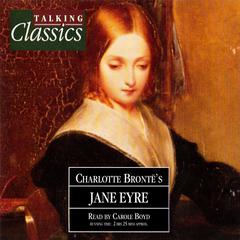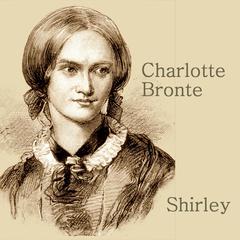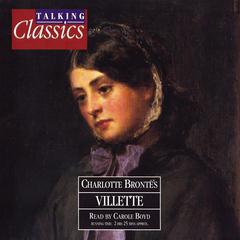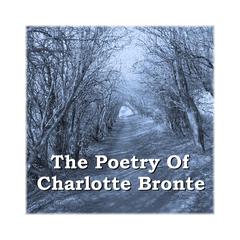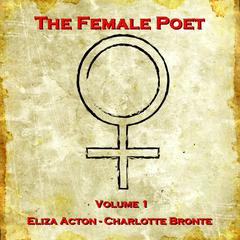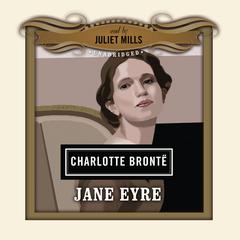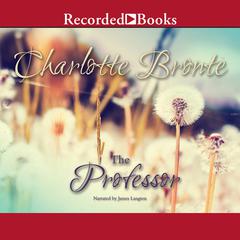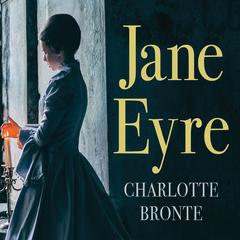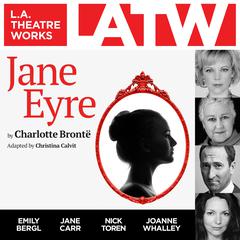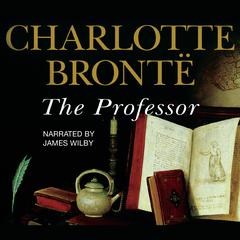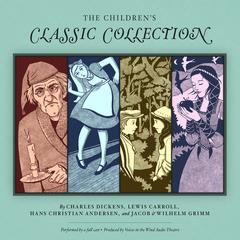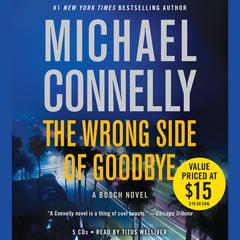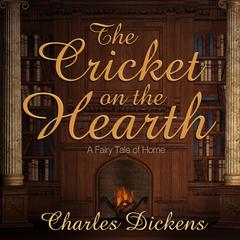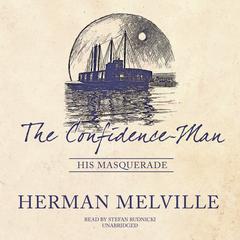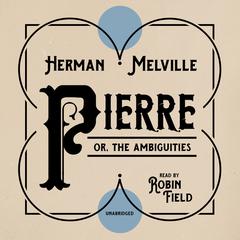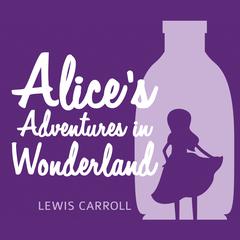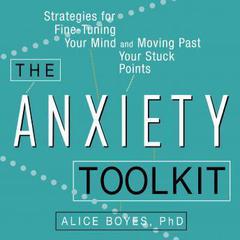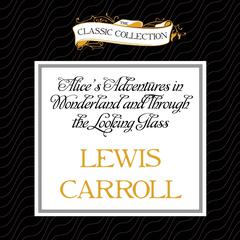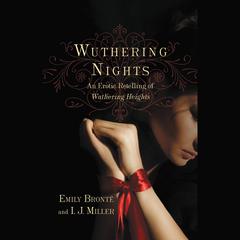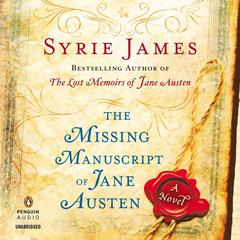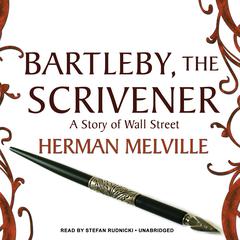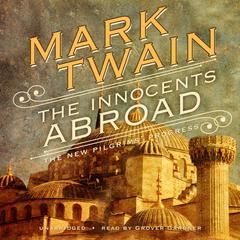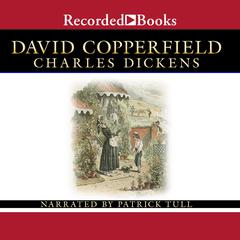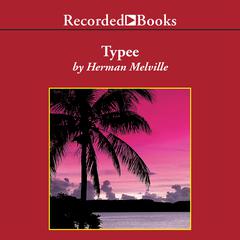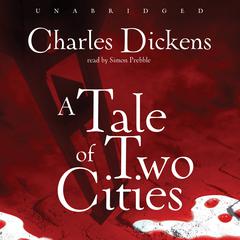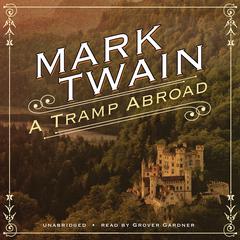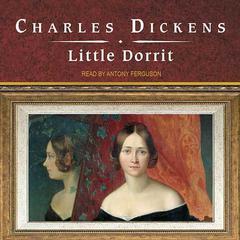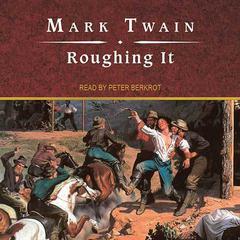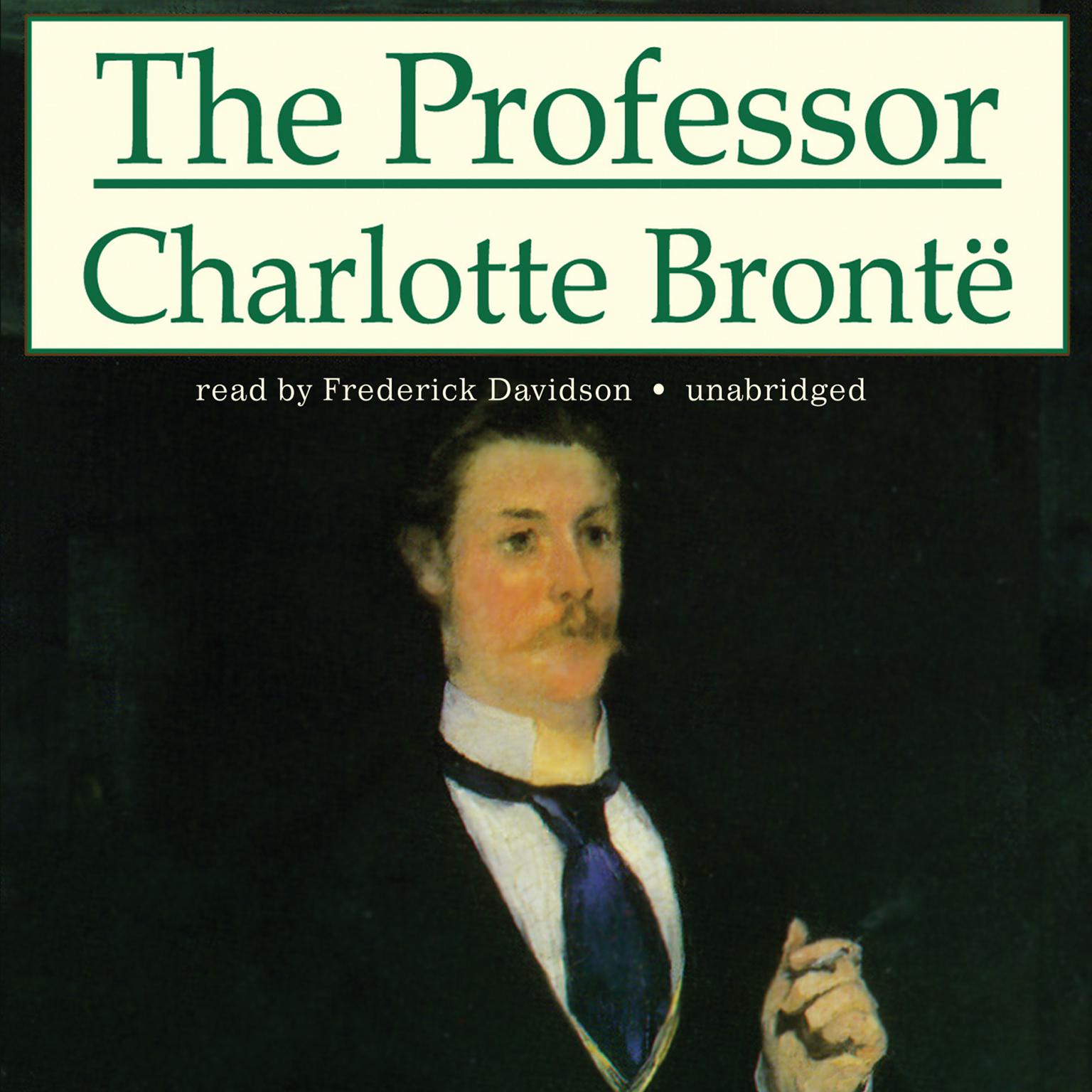 Play Audiobook Sample
Play Audiobook Sample
The Professor Audiobook
 Play Audiobook Sample
Play Audiobook Sample
Quick Stats About this Audiobook
Total Audiobook Chapters:
Longest Chapter Length:
Shortest Chapter Length:
Average Chapter Length:
Audiobooks by this Author:
Publisher Description
William Crimsworth is a young Englishman just out of school and ready to begin a career. With his sense of self-pride and strong moral views, however, he finds the options available to him are far from pleasant. Unwilling to follow the dictates of the moneyed members of his family, he resolves to earn his living as a factory worker. Caught up in a humiliating clerkship in a Yorkshire mill, he escapes—by a strange twist of events—and gets a chance at an unexpected career in Belgium. There, he has a close view of the Flemish character, especially of certain of the women, including the cleverly intelligent Zoraïde Reuter, directoress of a school for girls. By a strict analysis of his own peculiarities and inclinations and by supporting his ethical standards through hard work and diligence, he avoids disaster and achieves for himself love, romance, and a happy and prosperous life.
Told from the point of view of the only male narrator that Charlotte Brontë used, The Professor formulated a new aesthetic that questioned many of the presuppositions of Victorian society. Based on the author’s experiences in Belgium in 1842, it endures today as a harbinger of Brontë’s later novels and a compelling story in its own right.
Download and start listening now!
"if you are wanting a good classic to read but are stuck on the old style language this is a good one. It was written maybe less formally. I actually thought it was one of her later novels because the language was so much more modern to me. I was surprised to find out it was her first novel."
— Phoebe (4 out of 5 stars)
Quotes
-
“The middle and latter portion of The Professor is as good as I can write. It contains more pith, more substance, more reality, in my judgment, than much of Jane Eyre.”
— Charlotte Brontë -
“We read Charlotte Bronte not for exquisite observation of character, not for comedy, not for a philosophic view of life, but for her poetry. Probably that is so with all writers who have, as she has, an overpowering personality, so that . . . they only have to open the door to make themselves felt. There is in them some untamed ferocity perpetually at war with the accepted order of things.”
— Virginia Woolf -
“Read by Davidson, this text is given life and color with an array of different tones and inflections. [It is] easy to understand and believable…[as] Davidson adeptly brings to life the pre–Jane Eyre tale.”
— Today’s Librarian -
“Frederick Davidson presents this classic with a dry aesthetic…As the story progresses, his characters take on substance, with layers of personality added progressively in each succeeding chapter. Early on, he allows some of Brontë’s warmth and feminine understanding to color the performance, in the way of delicate touches of color added by hand to old sepia photographs.”
— AudioFile
The Professor Listener Reviews
-
" Je ne regrette de rien. "
— Mark, 2/14/2014 -
" It's not as good as Jane Eyre and I didn't like the personality of the main character very much at some points. Entertaining, though. "
— rewind, 2/5/2014 -
" Not very exciting... but good nonetheless. "
— Christine, 2/2/2014 -
" enjoyed the language and imagery, and captivated by the whole story but the very end felt rushed and not as well formed as the rest of the book "
— Maria, 1/5/2014 -
" This is Charlotte Bronte's first novel - not published until after her death - and it certainly has a lot of the faults of a first novel. The plot moves agonisingly slowly at times. It took quite a few chapters before I felt the story started to unfold and make sense rather than expressing opinions and observations about industrialisation, teaching, the French, the Belgians, Catholics and female students in general through the protagonist. I am sure some of these viewpoints need to be seen in their historical context, yet I still struggled with the blatant disregard for anything not English or Protestant. This was a side to Charlotte Bronte's writing I felt very uncomfortable with and was unfamiliar with from her later novels. However, through the figure of Frances Henri, she begins to establish a very modern female figure for her time - keen to learn and develop and insistent on continuing to work even once happily married - glimpses of characters she created in her later work. I guess the novel could have benefited from some stringent editing in the early chapters and at the end to give it more focus without losing her still beautiful language. Worth a read for anyone who loves Bronte's writing but might put people off as an introduction to her outstanding work. "
— Barbara, 12/20/2013 -
" It seems mysterious, even scandalous, that one of the greatest novelists in the English language was not able to get her first novel published in her lifetime. Except, it turns out it's not very good. "
— Michael, 12/2/2013 -
" Although this was not my favorite, Charlotte Bronte is still one of my favorite authors. :) "
— Bethany, 11/11/2013 -
" I love this book and it's romance. "
— Sarah, 3/31/2013 -
" I had forgotten how much I love Victorian literature. Cheeky women, obnoxious men, and love wins out over all. "
— Diane, 4/1/2011 -
" I read 25% of the book and it was just SO boring. I didn't find any characters interesting and there seemed to be very little plot. For such a short book, I was expecting the pace to be a bit higher. "
— Crystal, 1/21/2011 -
" Well done, with some philosophical passages that go on a little too long, but all around a good read. "
— Jared, 12/13/2008 -
" Jane Eyre is my all-time favorite book, so I was excited to read The Professor. I just couldn't, no matter how hard I tried, make myself like the main character. He's rude, condescending, and just plain boring. I forced myself to finish reading it, but can't say I really enjoyed it. "
— Jennifer, 11/11/2008 -
" Bronte's first novel, and it showed. Heavy-handed and plodding/meandering. I wonder how anyone without a solid understanding of French would be able to get through the book without losing the plot (such as it was...) "
— GG, 6/13/2008 -
" Not sure that I didn't like this more than Jane Eyre. "
— Nicola, 1/12/2007
About Charlotte Brontë
Charlotte Brontë (1816–1855) grew up in the isolated parsonage at Haworth, Yorkshire, where her father was curate. She and her sisters Emily and Anne thrived in fantasy worlds that drew on their voracious reading of Shakespeare, romantic, and gothic fiction. Charlotte was employed as a teacher and a governess before she began writing with her sisters. The Professor, her first novel, was rejected for publication until 1857, although Jane Eyre, published in 1847 under a pseudonym, achieved great success.
About Frederick Davidson
Frederick Davidson (1932–2005), also known as David Case, was one of the most prolific readers in the audiobook industry, recording more than eight hundred audiobooks in his lifetime, including over two hundred for Blackstone Audio. Born in London, he trained at the Royal Academy of Dramatic Art and performed for many years in radio plays for the British Broadcasting Company before coming to America in 1976. He received AudioFile’s Golden Voice Award and numerous Earphones Awards and was nominated for a Grammy for his readings.




